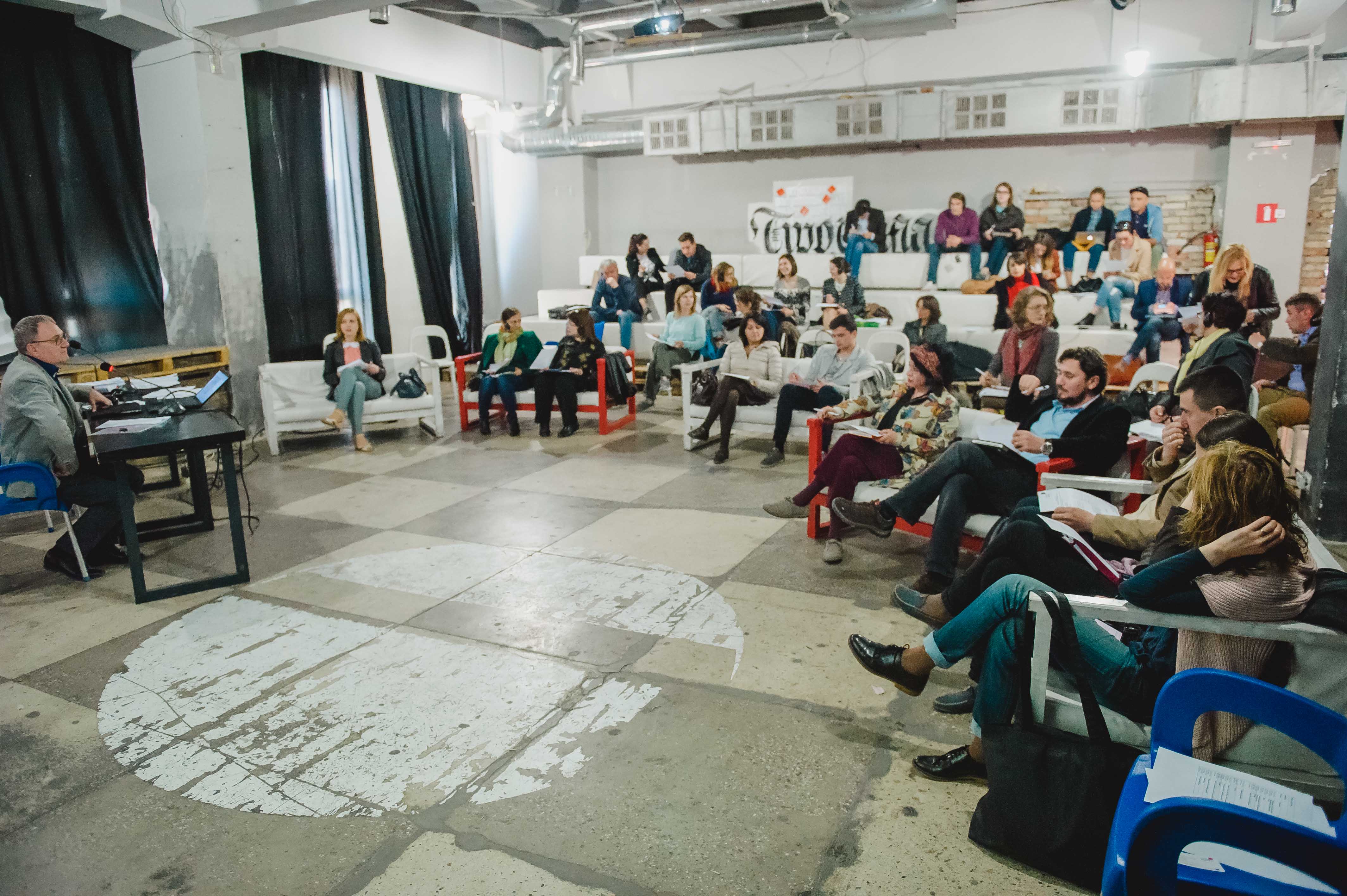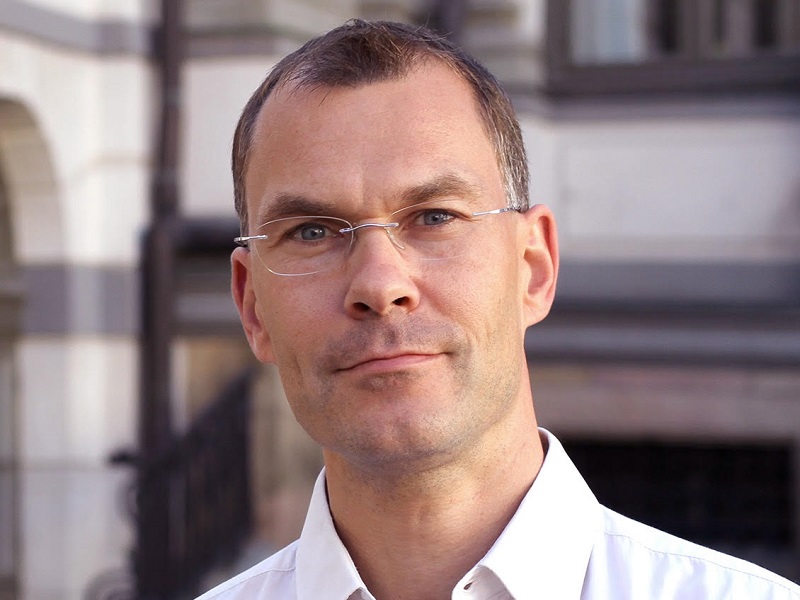
Cultural and creative spillovers in Europe: Report on a preliminary evidence review
Research aims
-
To better understand what evidence exists on a European-wide level on spillover effects of public investment in arts and culture;
-
To develop an interdisciplinary and shared understanding of the methods of gathering evidence around spillovers;
-
To recommend suitable methodologies for measuring spillover effects;
-
To promote consistent and credible research methods to enable sector and public authorities to improve effective policy making and resource allocation;
-
To understand spillover effects that arise as a consequence of investment by public or private stakeholders in the arts, culture and creative industries.
Recommendations
The report also provides research and methodological recommendations that the research partnership will act on over the course of 2015/2016. The policy recommendations mainly focus on:
-
a holistic concept of research to correlate to interdisciplinary (sub-)categories of spillovers,
-
progressing and testing qualitative methods, and dissemination and dialogues with the wider economy and society to support the recognition of multiple types of spillover and the whole value of the arts, culture and creative industries.
Methodological recommendations deal with developing methodologies which will allow greater understanding of the value of public investment:
-
Testing hypotheses about the process and means by which cultural and creative spillovers drive innovation in places and the wider economy through experimental methodological approaches utilising ‘big data’ and wellbeing (frameworks),
-
Consumer analysis utilising new technology to help us get a better understanding of culture’s role in driving the experience economy,
-
Developing a holistic set of methodological tools across the 17 spillover sub-categories that could work at different levels of government.
Find out more about report you may here




